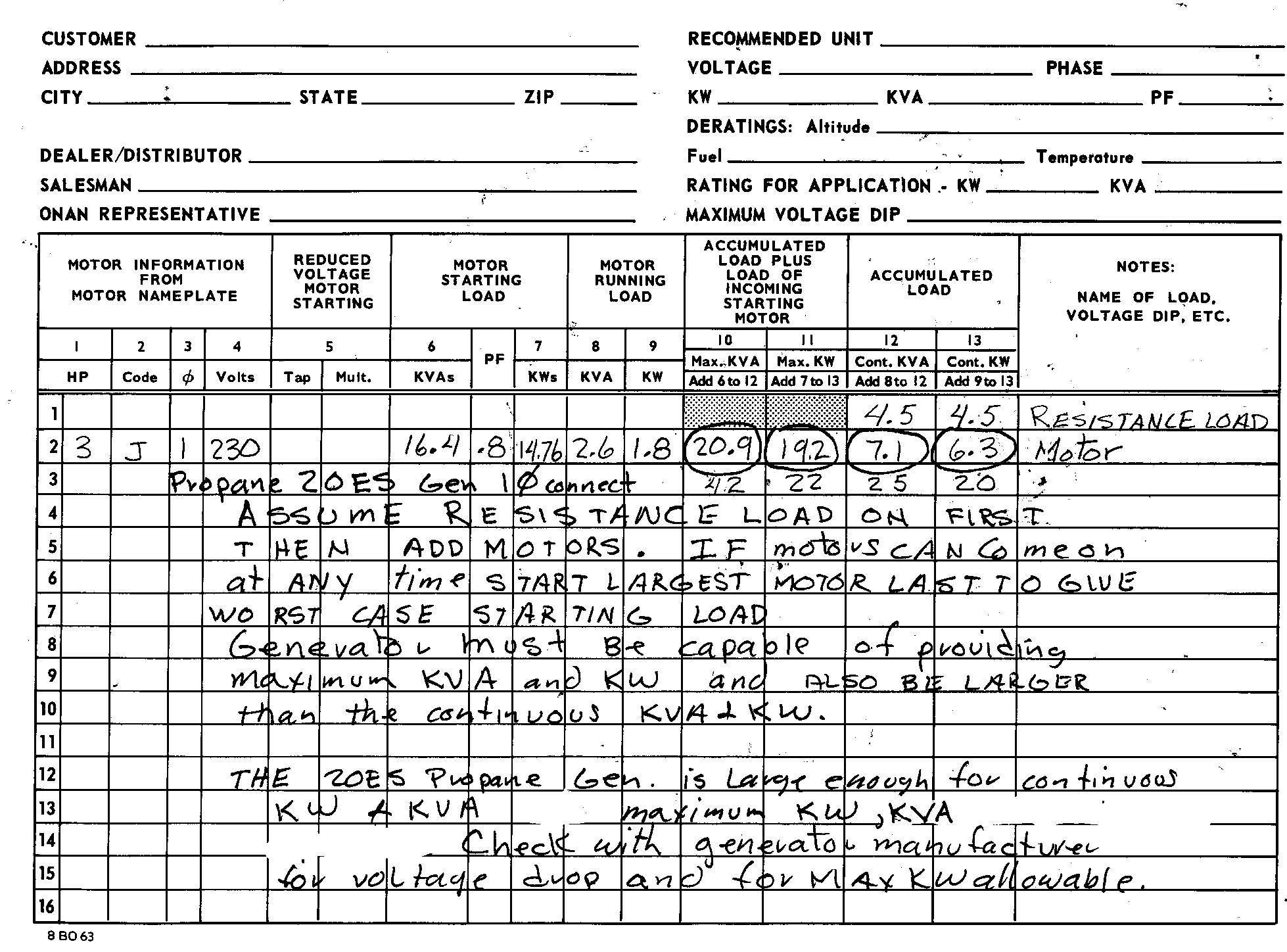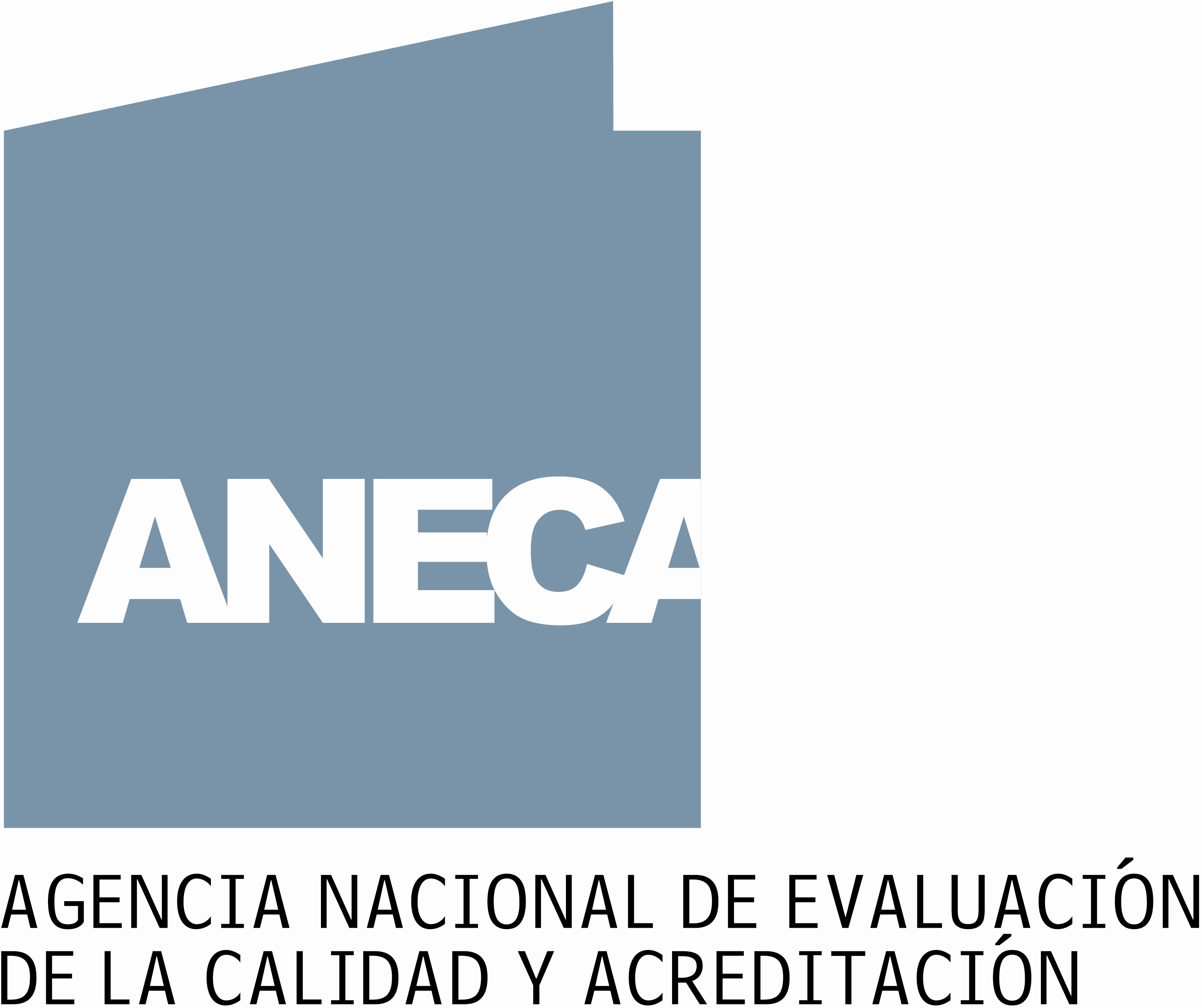GUIDANCE DOCUMENT 11025 READOPTED JUNE 21 2018 VIRGINIA BOARD
UNOFFICIAL FUNDS MANUAL OF GUIDANCE MARCH5 GUIDANCE OFFICE DUE TO ORANGE ROTARY
CARDS EXERCISE FACILITATOR GUIDANCE LEARNING OUTCOME TO GAIN
FORESHORE ACTS 1933 TO 2011 GENERAL GUIDANCE
GENERAL RISK FORM ASSESSMENT GUIDANCE – LABORATORY INTRODUCTION
GUIDANCE FOR THE PLACEMENT OF VOLUNTEERS PLACEMENT OF
Guidance Document 110-23
Guidance document: 110-25 Re-adopted: June 21, 2018
Virginia Board of Pharmacy
Life of a Prescription When the Prescriber Is No Longer In Practice
Whenever a prescriber is no longer in practice due to death, extended illness, retirement, relocation, suspension or revocation of the license by the relevant licensing board, or other reason, pharmacists question whether they can fill or continue to refill prescriptions that were written prior to the cessation of practice. There will be prescriptions which have been filled, but for which there are still valid refills remaining. There will probably also be prescriptions written prior to the ceasing of practice, but not yet presented to a pharmacy for filling by the patient for any number of reasons. This could include Schedule II prescriptions written with "do not fill until <future date>" instructions.
While there is nothing in law that specifically addresses this issue, §54.1-3303 does state that no prescription shall be filled which does not result from a bona fide practitioner-patient-pharmacist relationship. At the point in time when the prescription was written and refills authorized, it is assumed that a bona fide relationship existed and that the prescriber envisioned that the patient could safely receive the authorized refills without further intervention on his part. However, while still in practice, the prescriber would be available for consultation should questions or problems arise. Once the prescriber retires, is suspended, moves from the area, etc. he is no longer available for consultation, and there is no longer a relationship if a problem occurs.
The Board believes that, in the absence of any specific instructions from the original prescriber or a subsequent practitioner assuming medical care of the patient, the decision to fill or refill these prescriptions should be left to the professional judgment of the pharmacist. Each prescription should be evaluated on an individual basis to determine which course of action would be in the best interest of the patient. At the same time, each patient should be encouraged to establish a relationship with a new medical practitioner as soon as possible and have that practitioner write new prescriptions for any required drugs. In cases where a license is denied, suspended, revoked, or restricted, in whole or part, because of illegal or inappropriate prescribing practices, the pharmacist must carefully evaluate the prescription and any remaining refills to determine if the prescription actually resulted from a bona fide practitioner-patient relationship at the time written, and if it was written for a legitimate medical purpose.
GUIDANCE ON DISABILITY AND REASONABLE ADJUSTMENTS INTRODUCTION
HEALTH AND SAFETY – GUIDANCE SHEET GS2
INCLUSIVE EDUCATION AND LEARNING POLICY GUIDANCE IMPLEMENTATION
Tags: virginia, 11025, document, guidance, readopted, board
- 51 PROGRAMA DE DESARROLLO RURAL DEL NORTE DEL ECUADOR
- ………………………………… ……………… (MIEJSCOWOŚĆ) (DATA) POWÓD 1) ……………………………………………………………………………………………… IMIĘ NAZWISKO
- MILJØSTYRELSEN STRANDGADE 29 1401 KØBENHAVN K EMAIL MSTMSTDK DERES
- ACTIVIDADES SOBRE LA PELÍCULA SHAKESPEARE ENAMORADO IES ROSA CHACEL
- ZIZUR NAGUSIKO FESTEN DATEN GAINEKO HERRI GALDEKETARI BURUZKO INFORMAZIOA
- KARTA PRZEDMIOTU NAZWA PRZEDMIOTU BEZPIECZEŃSTWO ENERGETYCZNE 1 USYTUOWANIE PRZEDMIOTU
- HTTPCYBERCLASSNET02152014HTM JESUITS BLACK POPE BY SAULT STREETNEWS T HORSDAY
- PYTANIA NA EGZAMIN DYPLOMOWY DLA EUROPEISTYKI I STOPNIA 1
- PRIJAVA NA NATJECANJE „KOTLOVINA SHOW“ OTVORENO NATJECANJE PRIJAVLJENIH EKIPA
- ITEMIZED BUDGET AND BUDGET NARRATIVE VIRGINIA DEPARTMENT OF CRIMINAL
- HULT INTERNATIONAL BUSINESS SCHOOL CAMPUS OPEN FOR ENROLLMENT MBAMIB
- LOS PROCESOS DE MARKOV Y LA GRAMÁTICA GENERATIVA SEGÚN
- ARGUMENTARIO Y JUSTIFICACIÓN REALIZADA AL MINISTERIO JUBILACIÓN ANTICIPADA DE
- INTERNAL ASSESSMENT RESOURCE SCIENCE 12B V3 FOR ACHIEVEMENT STANDARD
- WELCOME TO MAKING A DIFFERENCE SARAH SISK ’10 MY
- TITLE RULES FOR INCLUSION IDS LB ISSUE 56 AND
- DPC IMMULITE2000 ALBUMIN 1 임상학적 의의 사람의 뇨중 ALBUMIN은
- DEPARTMENT OF ECONOMICS OUTLINE FOR MULTISTAGE GAMES DR EDWARD
- INFORMATYKA KLASA 8 TEMAT ARKUSZ KALKULACYJNY – ADRESOWANIE BEZWZGLĘDNE
- LEGISLATIVE TEXTS CURRENTLY IN FORCE WITH PROPOSED AMENDMENTS HIGHLIGHTED
- KIRÁLYEGYHÁZA KÖZSÉGI ÖNKORMÁNYZAT 242012 (XII28) ÖNKORMÁNYZATI RENDELETE „A SZERVEZETI
- ASOCIACIÓN ESPAÑOLA PARA LA DEFENSA DE LA COMPETENCIA CALMAGRO
- NEW BEGINNINGS FAMILY AND CHILDREN’S SERVICES INC UNITING FAMILIES
- SADRŽAJ GODIŠNJEG IZVEŠTAJA UVOD O GHD
- DEPARTMENT FOR ENVIRONMENT FOOD AND RURAL AFFAIRS EUROPEAN UNION
- EL BANCO DEL ALBA Y EL BANCO DEL SUR
- JAVNA AGENCIJA REPUBLIKE SLOVENIJE ZA SPODBUJANJE PODJETNIŠTVA INOVATIVNOSTI RAZVOJA
- PRINCIPLES OF LIFE HILLIS • SADAVA • HELLER •
- HERON’S LODGE GUIDE CENTRE MILTON KEYNES PRIVATE HIRE BOOKING
- FOR IMMEDIATE RELEASE FSP MEMASUKI SISTEM PENYIMPANAN ENERGI DENGAN
 1 INFORMACIÓN GENERAL DEL SOLICITANTE Y DE LA
1 INFORMACIÓN GENERAL DEL SOLICITANTE Y DE LAGUIDELINES FOR KERN COMMUNITY COLLEGE DISTRICT EMPLOYEES PRIOR AND
 1 SUROVINI MATERIJALI REZERVNI DELOVI I SITEN INVENTAR
1 SUROVINI MATERIJALI REZERVNI DELOVI I SITEN INVENTAR SUR CETTE PAGE LES COORDONNÉES DE LA VICECONSULE
PROTAGONIST PICTURES VERTIGO FILMS AND MAGNET RELEASING PRESENT A
INCREASING RATE OF FORECLOSURES UPSETS ATLANTA BY VIKAS
 OFICINA DE RELACIONES INTERINSTITUCIONALES INTERNACIONALES CURRICULUM VITAE CÓDIGO PEGE25PR2
OFICINA DE RELACIONES INTERINSTITUCIONALES INTERNACIONALES CURRICULUM VITAE CÓDIGO PEGE25PR2 GENERATOR SELECTION GENERATORS MUST BE SIZED TO HANDLE THEIR
GENERATOR SELECTION GENERATORS MUST BE SIZED TO HANDLE THEIRWZÓR DECYZJA ADMINISTRACYJNA DOT NAŁOŻENIA OPŁAT ZA POWTARZANIE ZAJĘĆ
 A GRICULTURE AND RENEWABLE NATURAL RESOURCES EDUCATION AGRICULTURE AND
A GRICULTURE AND RENEWABLE NATURAL RESOURCES EDUCATION AGRICULTURE AND PROGRAMA DE EVALUACIÓN INSTITUCIONAL GUÍA DE EVALUACIÓN EXTERNA 20042005
PROGRAMA DE EVALUACIÓN INSTITUCIONAL GUÍA DE EVALUACIÓN EXTERNA 20042005 AL DECANO DEL COLEGIO OFICIAL DE ARQUITECTOS DE GRANADA
AL DECANO DEL COLEGIO OFICIAL DE ARQUITECTOS DE GRANADA SOLICITUDPROPUESTA DE CONVENIO O ACUERDO TIPO DE CONVENIO
SOLICITUDPROPUESTA DE CONVENIO O ACUERDO TIPO DE CONVENIO5 TD 1968080 OPINIÓN Nº 1182012DTN ENTIDAD MUNICIPALIDAD PROVINCIAL
 NAROČILNICA NAROČILO NA REVIJO URBANI IZZIV IME IN PRIIMEK
NAROČILNICA NAROČILO NA REVIJO URBANI IZZIV IME IN PRIIMEKHOJA DE VERIFICACION DE RESULTADOS DE MEJORA IMPLEMENTADA PLANTA
Motor Taxation Rates of Duty on Motor Vehicles (effective
TANULMÁNYI VERSENY – KÖZÉPISKOLA TANULÓ ISKOLAOSZTÁLY VERSENY HELYEZÉS FELKÉSZÍTŐ
ELEN 444 DIGITAL SIGNAL PROCESSING PROF JIM JI
 UNIDAD DE ENDOCRINOLOGÍA PEDIÁTRICA UGC PEDIATRIA INTEGRAL TABLA ORIENTATIVA
UNIDAD DE ENDOCRINOLOGÍA PEDIÁTRICA UGC PEDIATRIA INTEGRAL TABLA ORIENTATIVA